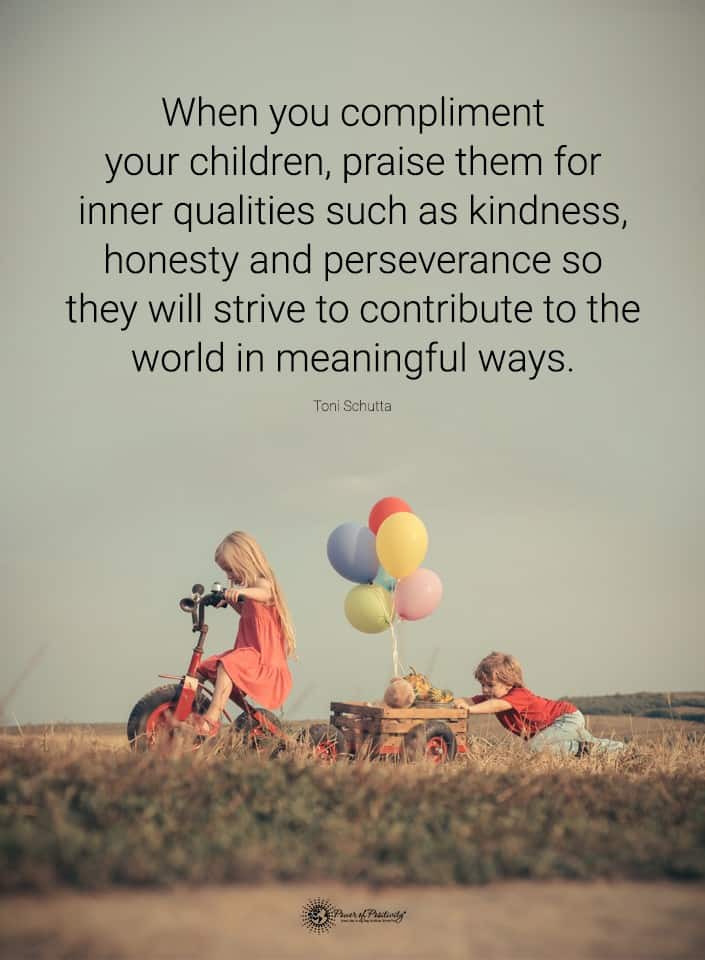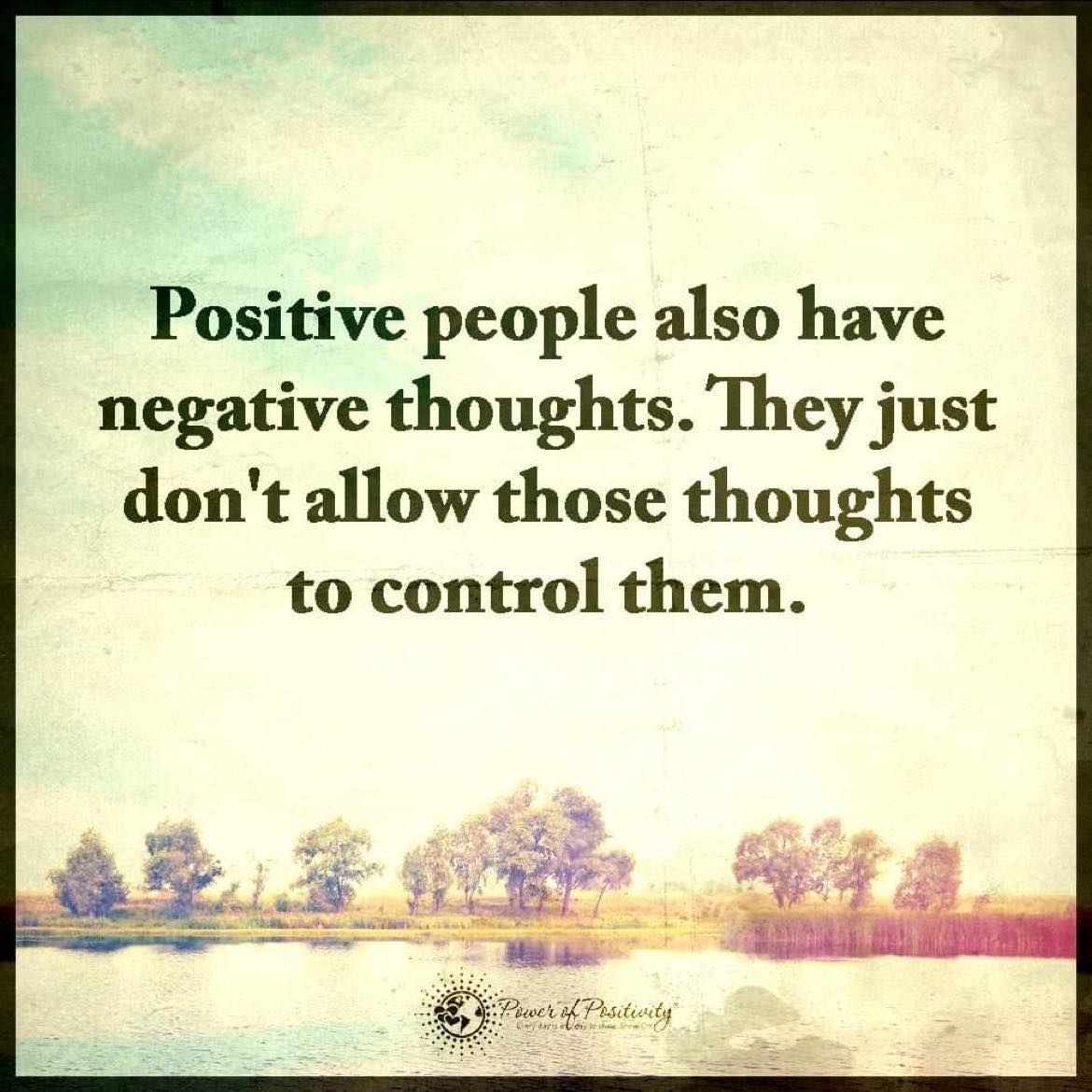Although everyone has a slightly different way to describe falling in love, it generally means having romantic feelings toward someone along with a powerful attraction to them. Falling in love has inspired songs, poems, and books. Countless romantic movies and television shows have characters who initially dislike one another but suddenly fall in love. These shows are usually predictable and filled with over-the-top romance. It seems like we love falling in love.
15 Tell-tale Signs of Falling in Love
So, how do you know you’re falling in love? What are the signs of falling in love?
1 – Time flies when you’re falling in love together
When you’re falling in love, you’ll feel like time flies when you’re together and drags when you’re apart. You enjoy dating this person and wish you could never be apart from one another. Some say that falling in love makes you lose your sense of reality. It gets distorted so that you lose track of time.
2 – They are perfect in your eyes
Love is blind, wrote Shakespeare in his well-known play, The Merchant in Venice. This is probably the best way to describe how you feel about your sweetheart. You’re blind to their flaws and poor habits. They can have the quirkiest behaviors, but they are perfection personified in your eyes. If someone points out their flaws, you’ll be quick to defend them. When you’re in love with someone, you only see the good.
3 – You think about them all the time
One undeniable sign of falling in love is being distracted because you can’t stop thinking about them all the time. It isn’t easy to concentrate at work or in class because you’re constantly thinking about your special someone. You replay every word they said to you, every moment of eye contact from the last time you were together. You rehearse what you want to tell them when you meet again. It’s time-consuming and emotionally exhausting because falling in love is a full-time job.
4 – You want to learn everything about them
One undeniable sign of falling in love is that you’ll want to learn everything you can about your love interest. You’ll be curious about what they like to eat, where they like to shop, their favorite movies or books, and even their coffee order will be significant to you. Nothing is too trivial. You’ll feel enamored by every detail they share about themselves.
5 – Your entire life feels wonderful
Falling in love has a powerful effect on how you view your entire life. Everything feels wonderful. If your car breaks down and your dog vomits on your carpet, you’ll laugh in anticipation of telling your lover about your hilarious day. Scientists suggest that falling in love releases extra dopamine into some regions of your brain. These chemicals cause you to feel happier about your life. Even the anticipation of being with your sweetie boosts your dopamine levels, making you feel excited about seeing them.
6 – You feel extremely affectionate
Of course, when you’re in love, you’ll feel highly affectionate towards the other person. Holding hands, cuddling, and leaning on each other comes naturally. Even if you aren’t a loving person, you suddenly become affectionate. Undoubtedly, it’s because some of the dopamine stimulates your brain to make you feel happy. No matter, because affection strengthens your bond while you’re dating. It builds your romance and makes you want to spend more time together.
7 – You want to be with them all the time
Another sign you’re falling in love is that you want to be together all the time. Even if you don’t enjoy dancing, you’ll go dancing if your sweetheart wants to. You’ll suddenly enjoy hobbies and activities you never had before because you get to be with them. You’ll rearrange your schedule and give up your interests, all to spend extra time with your sweetie. Your friends will scratch their heads when they see you taking painting classes, but you won’t care because you’re undeniably falling in love.
8 – You lose your appetite if falling in love
One of the signs of falling in love for many people is the loss of appetite. You can’t think about eating when you’re so busy thinking about what your sweetie is doing at the moment. Romantic love, according to science, changes a person’s behavior because of the release of hormones. Some of these hormones suppress your appetite and cause insomnia.
9 – You dream about your future together
Being in love makes your future feel bright. You may daydream about what life will be like together with your sweetie, plan your wedding, and imagine how many kids you’ll have. If you’re not careful, you’ll end up way down the road before you know it. Of course, it’s essential to let your sweetie know what you’re dreaming about, so they can get on the same page.
10 – You want to meet their family and friends
When you’re in love, you love everything about the other person. You want to meet their family and friends. You will love meeting them and love hearing stories about your sweetie growing up. Every little detail will delight you and make you love them more. You’ll attempt to make a good impression on their family and friends so they like you and will support your relationship.
11 – You call them first thing when you have news
Your sweetheart becomes your confidant and best friend. They are the ones you call whenever you have news, whether it’s good or bad. You feel talking to them calms you down and helps you decide. If you are upset, you’ll know they will be there for you as you walk through the difficulty.
12 – You feel safe when you are falling in love
An undeniable sign of falling in love is feeling safe with your lover. You know they have your best interest in mind. You’ll look to them for help and encouragement. They are the person you feel safe telling everything without fear of being judged. When you’re in love, you’ll share deep secrets and feelings you may not have told others. Of course, this is risky, especially if the relationship doesn’t work out.
13 – You want to protect them
When you fall in love, you feel protective of your love interest. If they’re having a hard time, you’ll be the first one to encourage and help them. If people make derogatory remarks about your sweetie, you’ll adamantly defend them and probably refuse to be friends with the person who made the comments. You’ll protect their privacy. You won’t tell your friends things they’ve shared in secret with you.
14 – Emotional ups and downs
Being in love is tumultuous. You’ll feel emotional. Things that never bothered you before will suddenly hit you hard. Love songs will make you feel romantic. Falling in love makes you bounce between excitement about the relationship to fear it will end. According to researchers, falling in love is addicting because of the release of brain chemicals. That’s why if you experience a breakup, you feel it emotionally and physically.
15 – You might feel a bit of stress when falling in love
Even though you feel happy when you’re with your significant other, falling in love is stressful. Your body releases high amounts of cortisol, a stress hormone, which makes you jittery, nervous, and sometimes anxious. Of course, this isn’t sustainable or healthy for your body. Over time, as your relationship progresses, you’ll calm down and feel more relaxed.
Final Thoughts on the First Signs of Falling in Love
Signs of falling in love are well known. Romantic movies, songs, and poems describe this experience. When you’re in love, you’ll feel many emotions, some good and some bad. You’ll be protective of your sweetie, want to be with them all the time, and enjoy meeting their family and friends. Strangely, falling in love makes you more stressed, but exhilarated. If you’re in an over-the-top romance, check out these signs of falling in love to see if you fit the mold.





















